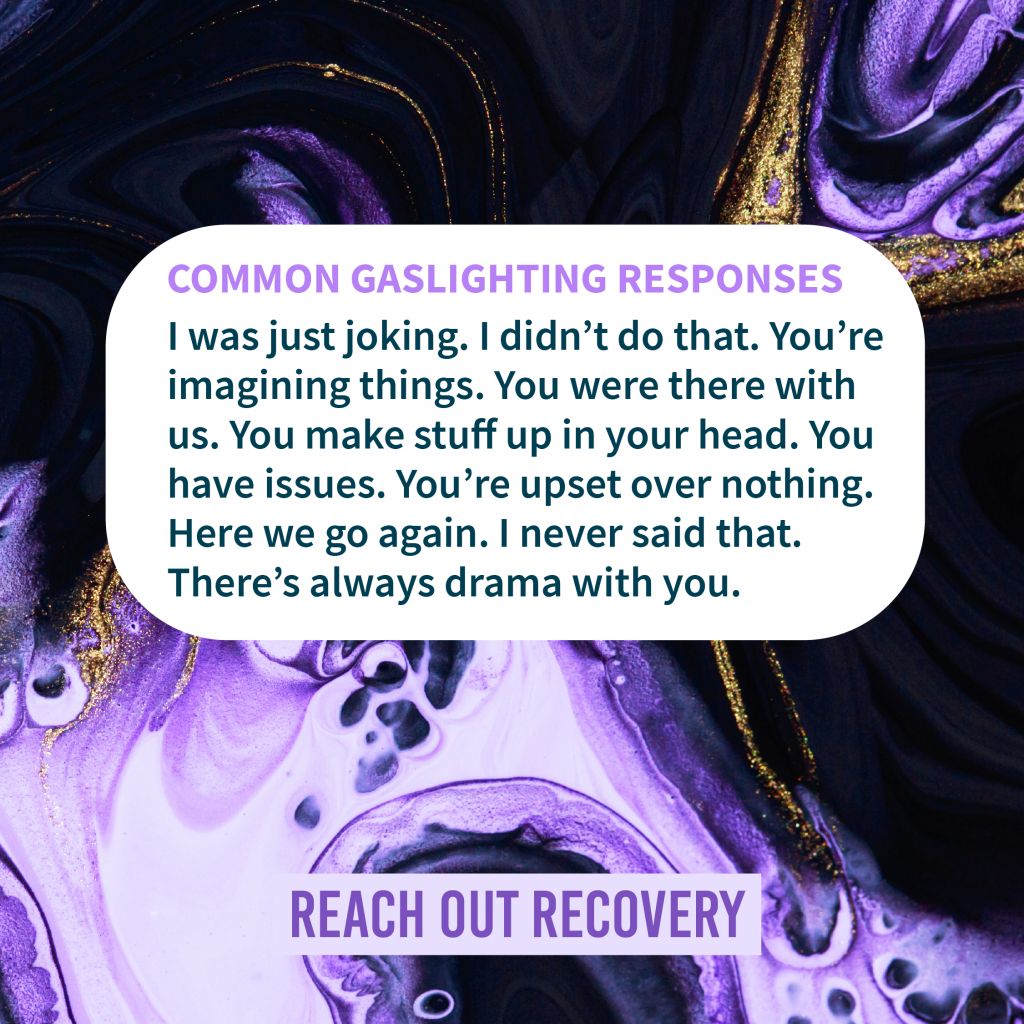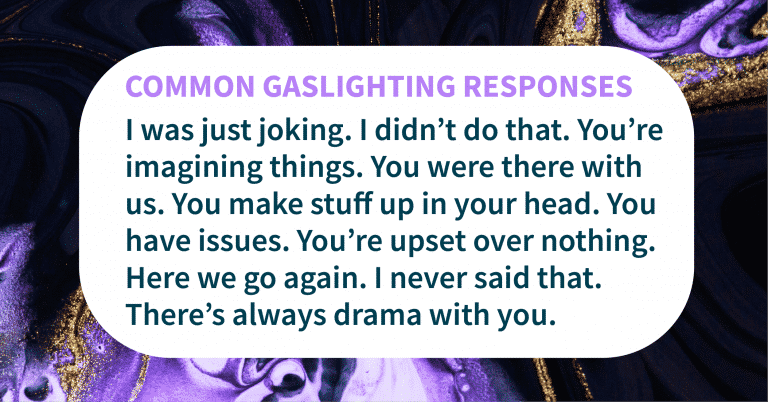
What is malignant narcissism? It’s not really a diagnostic term, but we like it because nothing malignant is good for you. Narcissism is a character disorder in which a person believes they are the most important person on earth. This sense of importance and dominance makes the narcissist do everything in their power to gain control over others. Narcissism feels malignant because the person is not just selfish or self-involved. They are hurtful, emotionally destructive, and can be violent as well as emotionally abusive.
Have you ever felt a little crazy after arguing with people who distort the truth? It’s impossible to win in an argument with someone who uses gaslighting to confuse you. Wonder what arguing with a narcissist sounds like. Whatever you say is turned against you. Gaslighting is a favorite tool narcissists use to make people feel unsure of themselves and out of control
It’s never a good feeling to have a partner or friend shoot down your feelings and opinions. Those tactics, however, are effective to keep vulnerable people off balance and fearful. People who use gaslighting and ghosting crave attention, drama, and constant victory. They may tell you they care about your feelings, but actions speak louder than words, right?
Malignant narcissism isn’t always easy to spot
It can be hard to recognize you’re being gaslighted by a malignant narcissist. It’s easy to fall into the pattern of believing your gaslighter’s claims. Your gaslighter may also use triangulation to tell others what’s wrong with you. They try to isolate you. It’s important to have people in your life who can confirm the truth about what’s going on. Often it takes a long time to get up the courage to escape. Malignant narcissism will make you feel like a criminal, and you may feel in real danger.
**If you are in an abusive relationship or someone you know is, call the 24-hour National Domestic Violence Hotline at 1-800-799-723. For more information, click here.
*Be sure the abuser doesn’t know about any preparations to leave; create a plan which includes preparing clothes, cash, food, and a destination; join a domestic violence survivors group to discuss the situation and feelings; make sure someone knows about the situation; call the hotline for help from a payphone or someone else’s; if you’re/someone you know is in immediate danger, call 911/the authorities.
If you love ROR content:
Check out 100
Tips For Growing Up
Follow us on Instagram
Like us on Facebook
Comment on our posts





















